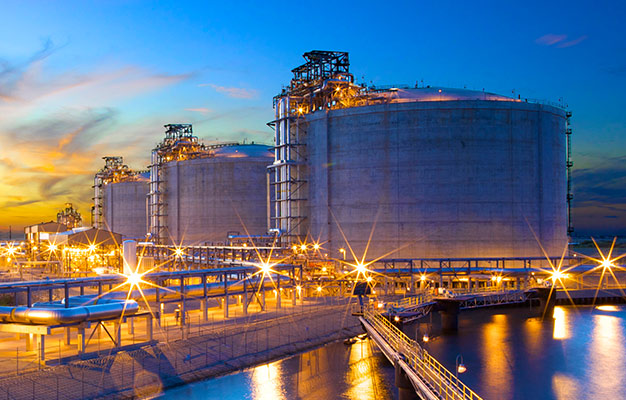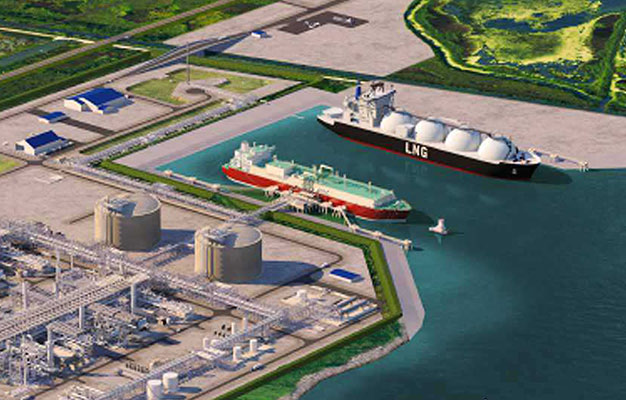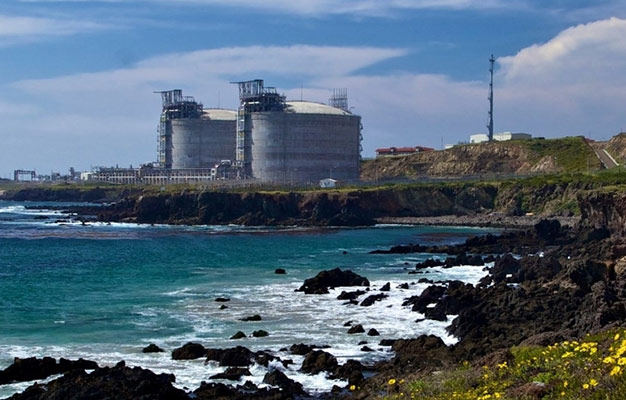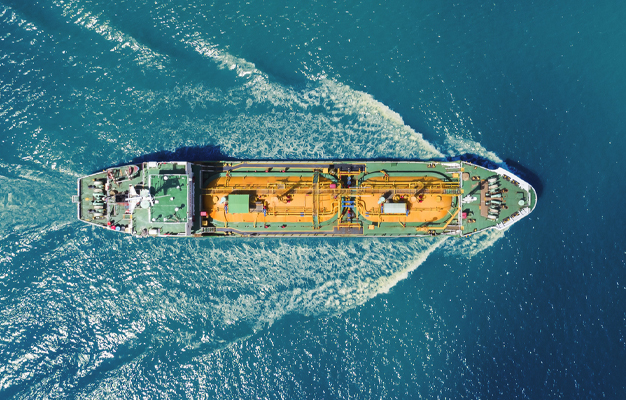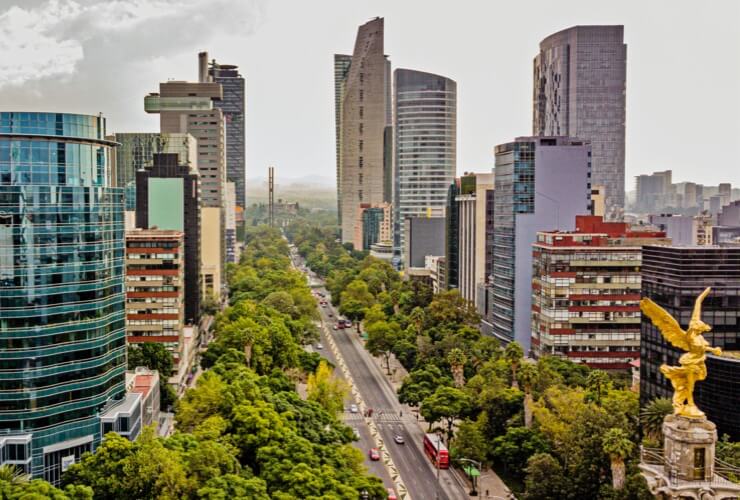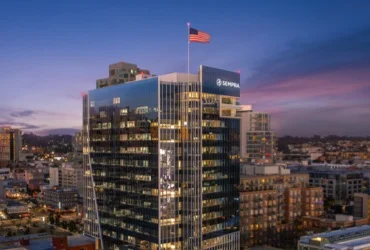LNG
Accelerating access
Part of Sempra’s mission is to be a leader in North America’s growing liquefied natural gas (LNG) export market, developing the infrastructure to bring cleaner, more reliable and more affordable energy to the world. Sempra’s existing and proposed LNG projects are designed to leverage North America’s abundance of natural gas through LNG exports in an effort to reduce our trade deficit, create jobs, meet global energy demand and improve the energy security of our allies.
Our LNG operations work to sustainably and safely provide U.S. producers of natural gas with access to global markets. Sempra Infrastructure owns an interest in Cameron LNG, a 12 million ton per annum (Mtpa) export facility operating in Hackberry, Louisiana, and is currently developing additional LNG export facilities on the Gulf Coast and Pacific Coast of North America through Cameron LNG Phase 2, Port Arthur LNG in Texas and Energía Costa Azul LNG (ECA) in Mexico.
“Sempra is focused on helping our country realize its full energy potential by being a leader in the LNG export market.”
Justin Bird, CEO, Sempra Infrastructure & Executive Vice President, Sempra
In the form of liquefied natural gas (LNG), natural gas can be shipped from parts of the world where it is abundant to where it is in demand. North America’s vast supplies of natural gas near the U.S. Gulf Coast region provide LNG projects direct access to existing pipelines and storage infrastructure.
Sempra Infrastructure’s planned liquefaction project at Energía Costa Azul, located on Mexico’s west coast less than 60 miles south of San Diego, has a geographic advantage for delivering U.S. natural gas to customers in the Pacific Rim, potentially reducing the time it takes for U.S. natural gas to travel to Asian markets from an average of 21 days to approximately 11 days.
The benefits of LNG
Providing access to U.S. gas from the Gulf & West Coasts
Cameron LNG commences commercial operations
More videos
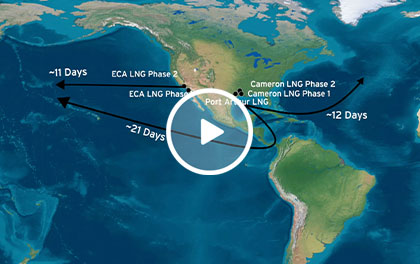
Providing access to U.S. gas from the Gulf & West Coasts
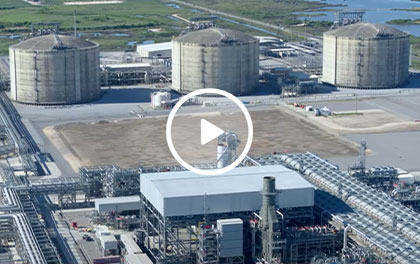
Cameron LNG commences commercial operations
What is liquefied natural gas, or LNG?
LNG is a natural gas that has been supercooled to minus 260 degrees Fahrenheit. At that temperature, natural gas condenses into a liquid, which takes up to 600 times less space than in its gaseous state, making it feasible to transport over long distances.
What are some qualities and benefits of LNG?
It is odorless, colorless, non-corrosive and non-toxic. Its weight is less than one-half that of water. Natural gas is the world’s cleanest burning fossil fuel. When combusted, natural gas generates 50% less carbon dioxide than conventional fuels.
The use of LNG is a proven, reliable and safe process, and it has been used in the United States since 1917. Transportation of LNG via ship has a long record of safe operation. In LNG’s more than 50-year shipping history, LNG ships have traveled more than 150 million miles without a major incident.
